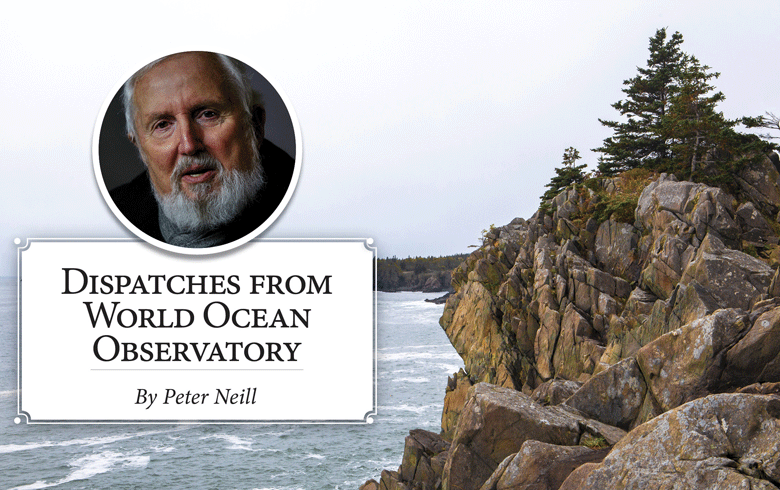To execute transformative response to the challenges of the 21st century we are going to need a new style of leadership across the full spectrum of action —from governance to corporate consciousness to manufacturing to engineering and design to research and education to new moral standards and consequent behavior by individual change agents.
I have discussed in the past many of the new financial tools required to realize change in forms that no longer exclude, or deny equity or foment economic disruption, or result in poverty and injustice. Economists have put forward macro-economic theories and best practices to offer a measure by which to analyze and calculate financial impacts of change.
But they too must look to a higher set of principles to assure their leadership does not compromise their aspirations by inadequate application.
It may require a new generation of engineers trained in this new context and philosophy…
And so we must look to the democratic definition of principles to determine that progress and change are truly novel and effective, and that the societal change envisioned truly meets the goals intended. The situation demands new leadership committed to a new system of macro-ethics in which, in a rapidly changing, technological and political world, the welfare of the global public is understood and guaranteed.
An economist friend suggested I look into this, and I found a particular publication, authored by Dr. Daniel A. Vallero of Duke University, that considers the relationship of macro-ethics and leadership—specifically in engineering and planning, design, and sustainable and environmentally sound development.
This is not an easy endeavor, and it may require a new generation of engineers trained in this new context and philosophy to make it so. I think of the engineers for the Tennessee Valley Authority or the U.S. Army Corps of Engineers whose designs, developed in different circumstance, built massive interconnected dams and waterways or re-purposed major rivers and coastal areas with best intent for their time, but which had serious, unforeseen consequence in extreme weather, drought, flood, and sea level rise.
A new generation of engineers, trained with a new ethos, will supplant the retiring veterans and will surely propose very different adaptations, mitigations, and replacements. Thus, the curriculum, the training and licensing, and the instructional commitment to this future must not react to, but rather conceive and drive new designers, builders, and managers of this new approach to community development.
The social scientists, public health specialists, lawyers, regulators, and administrators must all join an integrated process of checks and balances, an integrated design and implementation exercise that allows no single decision to betray or compromise another, no positive upstream action with negative downstream effect, no single perspective to blind all the others, no private benefit that ignores the larger public good.
What succeeds at the micro-social-economic level must also succeed at the macro-ethical level, entailing risk, courage, empathy, responsibility, and collective action embodied in a new generation of leaders.
Think of it this way: If I were to come upon a natural place where two rivers, one connecting into to a large rich interior, the other connecting to a sound and protected coast, come together in a large sheltered harbor with a central island surrounded with fertile marshes and lowlands, and I was to recognize its location potential and decide to found there a settlement, a new community, a world city, what would I build? Would I build New York as we know it today, or would I build a very different place? How would I know?
What different skills would I need? How would I apply the technologies of today never available before? How would it operate? Would I assure its diversity, equality, equity, and justice to all who would live there? Would it be protected from climate conditions never envisioned? Would it be a great celebrant of culture and civilization? What principles would I use? How would I lead? Would anyone follow? Would I even build there at all?
Peter Neill is director of the World Ocean Observatory, which produces weekly radio essays heard on WERU-FM, 89.9, on podcast at apple.com/us/podcast/world-ocean-radio/id425361249, and at http://www.worldoceanobservatory.org/world-ocean-radio. He lives in Sedgwick.





